|
|
 Buenos Aires |
Skyline of the City of Buenos Aires, capital and largest city in Argentina, and the most visited city in South America. This picture shows specifically the district of Puerto Madero.
Selected picture

Categories
Countries
 Antigua and Barbuda
Antigua and Barbuda Argentina
Argentina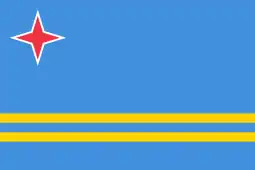 Aruba
Aruba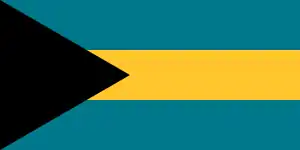 Bahamas
Bahamas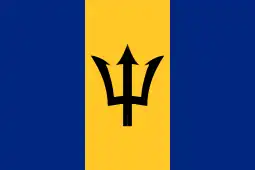 Barbados
Barbados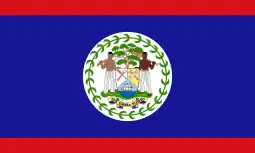 Belize
Belize.svg.png.webp) Bolivia
Bolivia Brazil
Brazil Chile
Chile Colombia
Colombia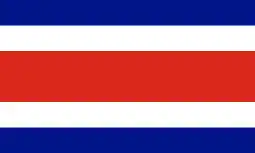 Costa Rica
Costa Rica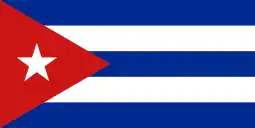 Cuba
Cuba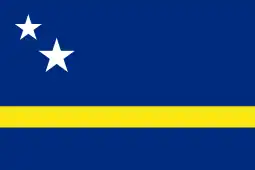 Curaçao
Curaçao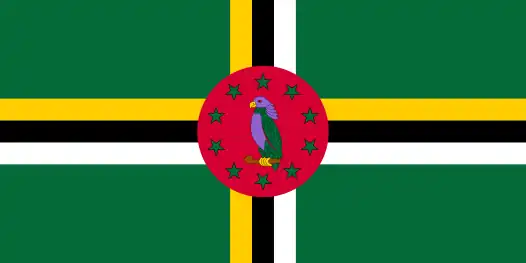 Dominica
Dominica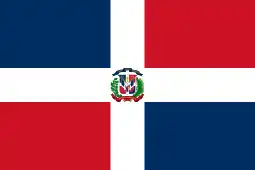 Dominican Republic
Dominican Republic French Guiana
French Guiana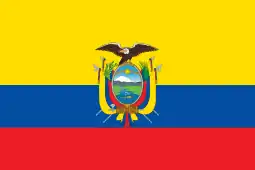 Ecuador
Ecuador El Salvador
El Salvador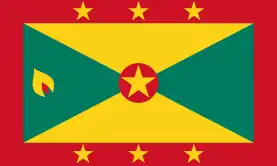 Grenada
Grenada Guadeloupe
Guadeloupe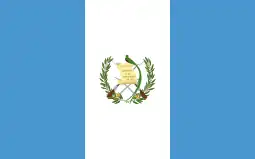 Guatemala
Guatemala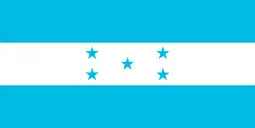 Honduras
Honduras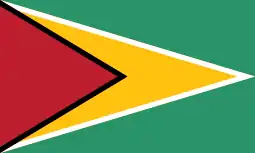 Guyana
Guyana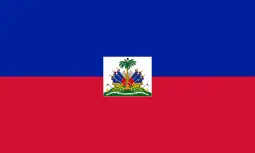 Haiti
Haiti Honduras
Honduras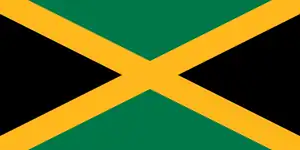 Jamaica
Jamaica Martinique
Martinique Mexico
Mexico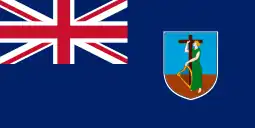 Montserrat
Montserrat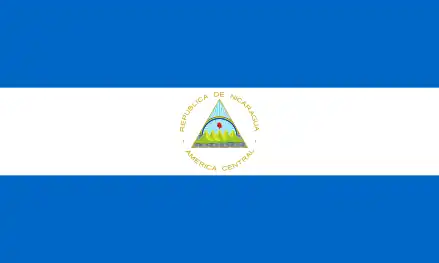 Nicaragua
Nicaragua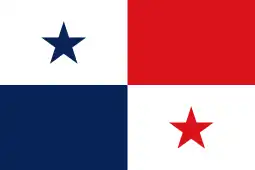 Panama
Panama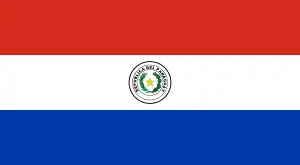 Paraguay
Paraguay Peru
Peru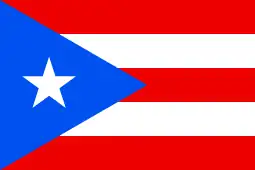 Puerto Rico
Puerto Rico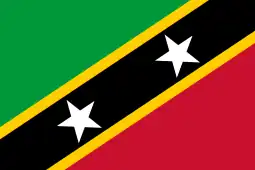 Saint Kitts and Nevis
Saint Kitts and Nevis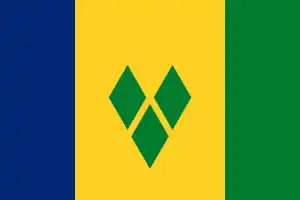 Saint Vincent and the Grenadines
Saint Vincent and the Grenadines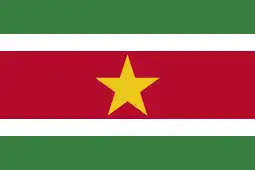 Suriname
Suriname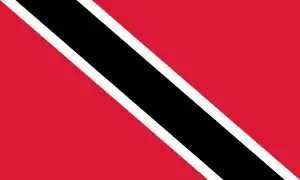 Trinidad and Tobago
Trinidad and Tobago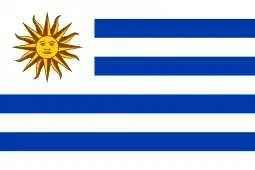 Uruguay
Uruguay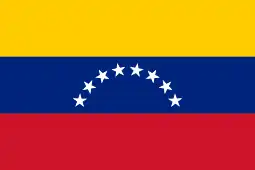 Venezuela
Venezuela
Related portals
North and Central America
Caribbean
South America
Associated Wikimedia
More portals
-
 List of all portalsList of all portals
List of all portalsList of all portals -
 The arts portal
The arts portal -
 Biography portal
Biography portal -
 Current events portal
Current events portal -
 Geography portal
Geography portal -
 History portal
History portal -
 Mathematics portal
Mathematics portal -
 Science portal
Science portal -
 Society portal
Society portal -
 Technology portal
Technology portal -
 Random portalRandom portal
Random portalRandom portal -
 WikiProject PortalsWikiProject Portals
WikiProject PortalsWikiProject Portals

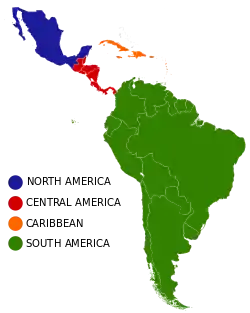
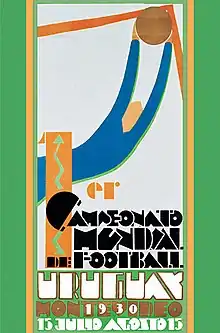
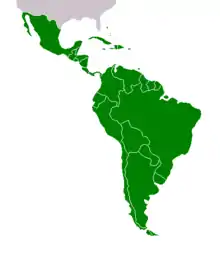
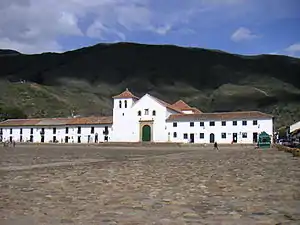
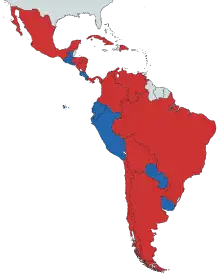
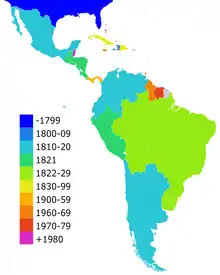

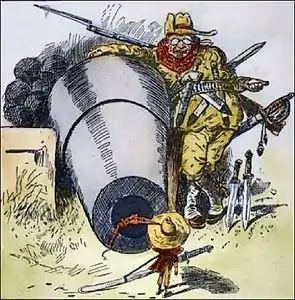
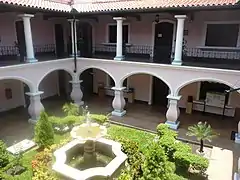
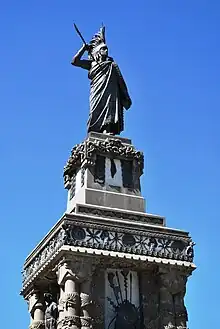


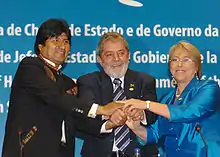

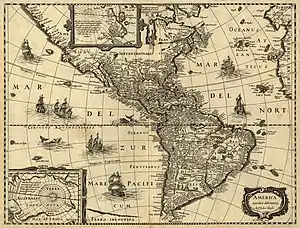
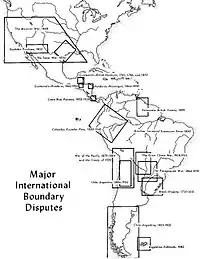
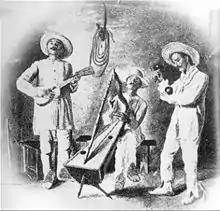


.jpg.webp)